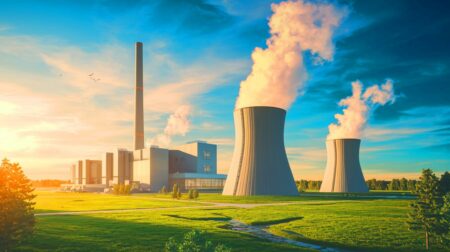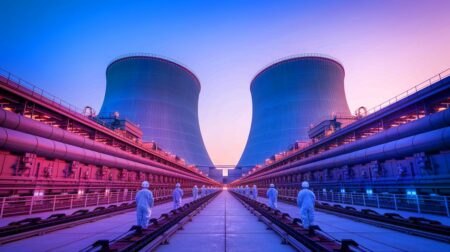Germany is planning to shut down all its coal-fired power plants within 20 years in its efforts to transition to a low-carbon economy, the country’s Chancellor Angela Merkel has stressed. The transition will cost Germany upwards of €40 billion, economists say.
According to a planned timeline, out of the country’s 84 coal-fired plants a third of its largest plants (those with a capacity of more than 12.5 gigawatts) will stop operating by 2022. Smaller plants, however, will be allowed to carry on for several more years until all the plants are finally phased out by 2038 at the latest.
The move is part of Germany’s energy transition policy aimed at embracing renewables, which already account for 40% of locally generated power. Yet the largest share of energy is still provided by coal-fired plants, which at present account for more than 42% of Germany’s electricity needs.
Sceptics argue that the government’s plan to phase out coal at such speed is unlikely to succeed, considering the Central European nation’s continued reliance on coal-fired plants for most of its energy needs. Nuclear energy might be a preferred option to replace coal, but local policymakers have long been shunning nuclear energy for ideological reasons.
“No one wants to burn coal. However, such a bold move away from coal is geopolitically reckless for a country that has no other domestic carbon-based energy sources and refuses to use more nuclear power,” argues Ellen R. Wald, a consultant on energy and geopolitics.
In 2000, coal-fired plants accounted for some 53% of locally generated electricity. In subsequent years Germany began transitioning to wind and solar energy, boosting them from a combined 1.63% of power generated to 18.03% by 2016. Meanwhile, Wald points out, biofuels also grew from 0.5% to almost 7%.
“By all reasonable analysis, coal’s place in German power generation should have decreased by more than the 10.5% it did. What happened?” she notes. Yet just as Germany “was committing to renewables, it was also scaling down its nuclear power generation,” she explains.
“In 2000, nuclear accounted for more than 29% of electricity generation in Germany, and by 2016 it contributed just over 13%,” she adds. “After the Fukushima nuclear disaster in Japan, Germany decided to phase out its nuclear plants even though nuclear power avoids pollution and is safe. (The Fukushima disaster was the result of a tsunami caused by a powerful earthquake, two issues that are not common in Germany).”
Because renewables are not likely to be at a stage where they can meet the country’s vast energy needs in and of themselves by 2038, Germany will be in a bind. Should it embrace natural gas, another pollutant, as a replacement for coal? Or should it instead start putting its faith in nuclear energy again?
Did you like it? 4.5/5 (30)








